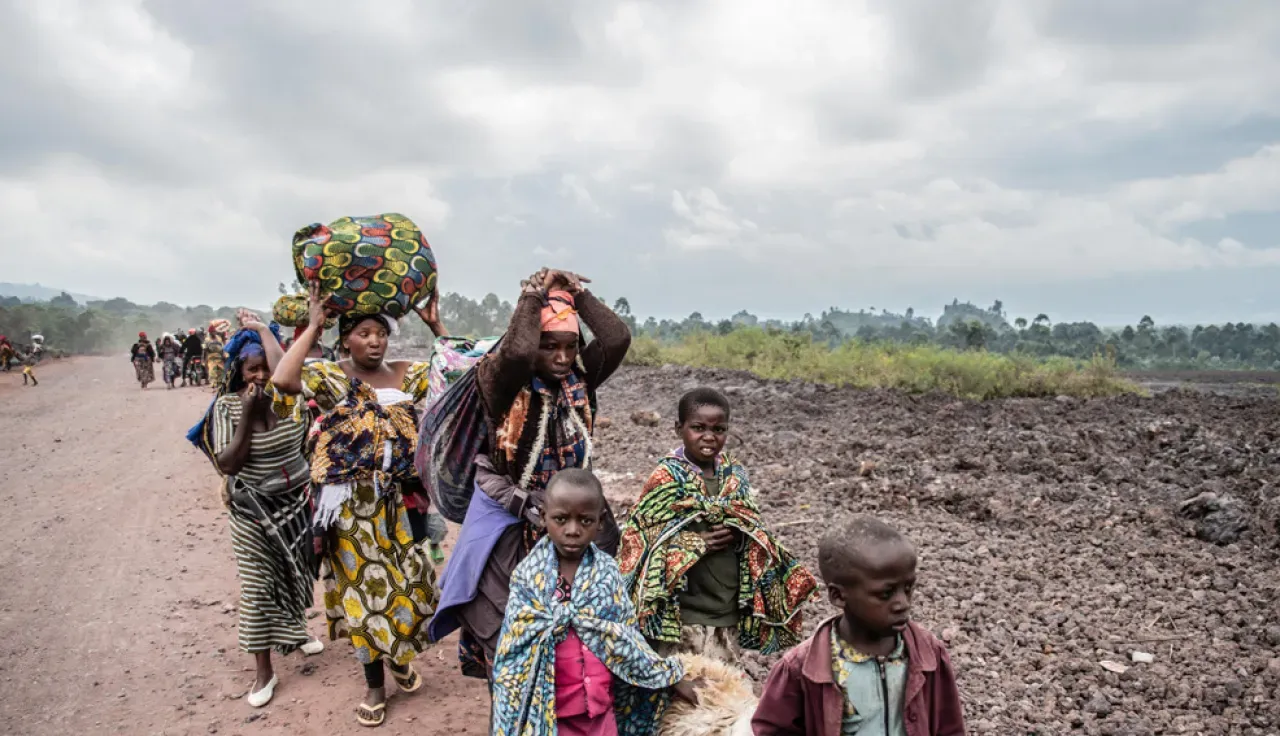 |
| DRC Rwanda |
Focus keyphrase: DRC-Rwanda peace deal
The DRC-Rwanda peace deal marks a turning point for mineral supply chains disrupted by over a year of regional conflict. On June 27, ministers from both nations are scheduled to sign a US- and Qatar-brokered draft agreement aimed at stabilizing eastern DRC. The agreement outlines disengagement of armed groups, territorial safeguards, and regional economic integration — all critical for restoring confidence in monitored mineral flows, especially tantalum.
However, market sentiment remains cautious as details about US investments are unclear and security conditions on the ground are still unstable. Even with this draft peace deal, many buyers and refiners continue to hesitate, concerned about conflict minerals and opaque sourcing risks. The tantalum supply chain — heavily dependent on artisanal and small-scale mining (ASM) in North Kivu — faces ongoing due diligence challenges.
Peace Agreement Tied to Strategic Mineral Talks with the US
The DRC-Rwanda peace deal lays the groundwork for potential US-DRC mineral agreements, which could reshape global sourcing strategies. DRC President Felix Tshisekedi and Senator Pierre Kanda Kalambayi previously proposed a comprehensive minerals security deal with the US. The proposal includes extraction rights for US firms, control of the Banana deepwater port, a strategic stockpile, and military training partnerships.
If these proposals materialize, the DRC could see increased foreign investment in downstream processing, moving the country beyond raw mineral exports. However, the scope of actual US commitments and their implementation timeline remain unclear. This uncertainty limits the immediate bullish response from industrial buyers and critical mineral traders.
Tantalum Markets Still Disrupted by Rebel-Controlled Territory
Despite diplomatic progress, M23’s control of eastern DRC territory continues to threaten tantalum supply chains. The seizure of Rubaya, Goma, and Bukavu has cut off major sources of monitored tantalite. These areas are key hubs for tantalum exports, and their occupation has introduced smuggled material into global supply streams, complicating OECD-aligned due diligence efforts.
Until secure logistics corridors and third-party verification systems are reestablished, tantalum refiners and electronics manufacturers may turn to alternative suppliers or delay sourcing decisions. For now, smuggling and instability keep price volatility high and certification efforts constrained.
The Metalnomist Commentary
The DRC-Rwanda peace deal is a long-needed diplomatic step, but its impact hinges on actual demilitarization and foreign engagement. Unless mineral security frameworks become enforceable, trust in DRC-origin material will remain fragile. The tantalum market, in particular, demands verified sourcing channels to rebuild supply chain confidence.













 We publish to analyze metals and the economy to ensure our progress and success in fierce competition.
We publish to analyze metals and the economy to ensure our progress and success in fierce competition.
No comments
Post a Comment